It seems that increasingly, when it comes to car dealers, size matters. In most major towns, big new car dealer groups with familiar names dominate retail parks and motor alleys. Many of them are posting handsome profits, at least while business loans are sloshing around and used car prices are buoyant.
But the car market is a big pond, too, with plenty of room not only for large franchise dealers but also smaller ones. Brands have to start somewhere and when they're establishing a toehold it is to these smaller, independent and often family-owned single-site businesses that they turn.

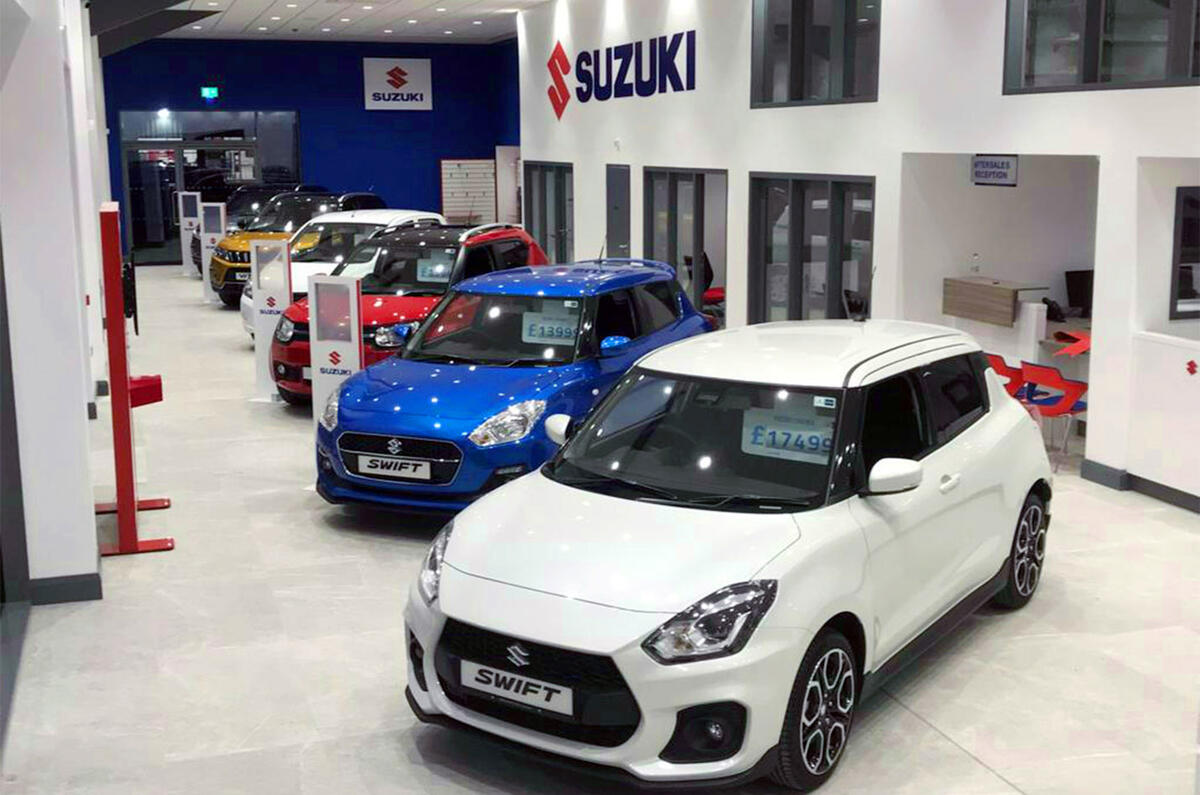
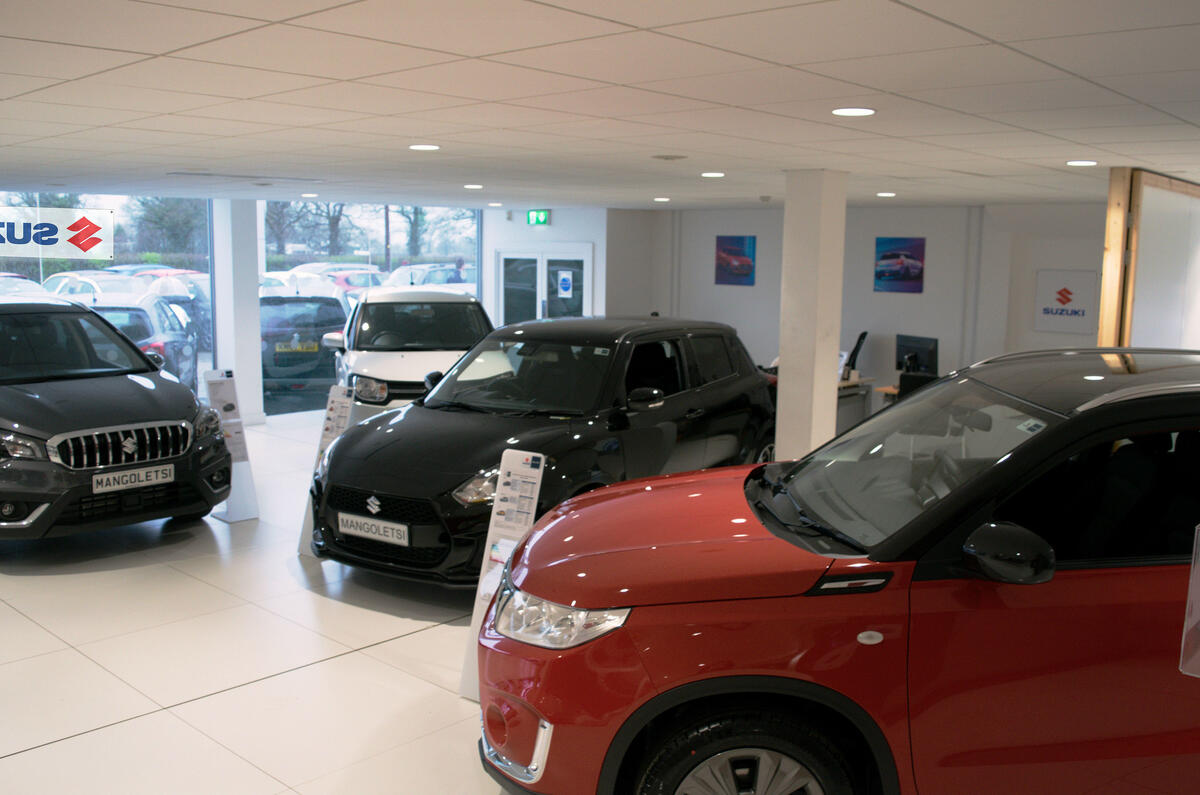
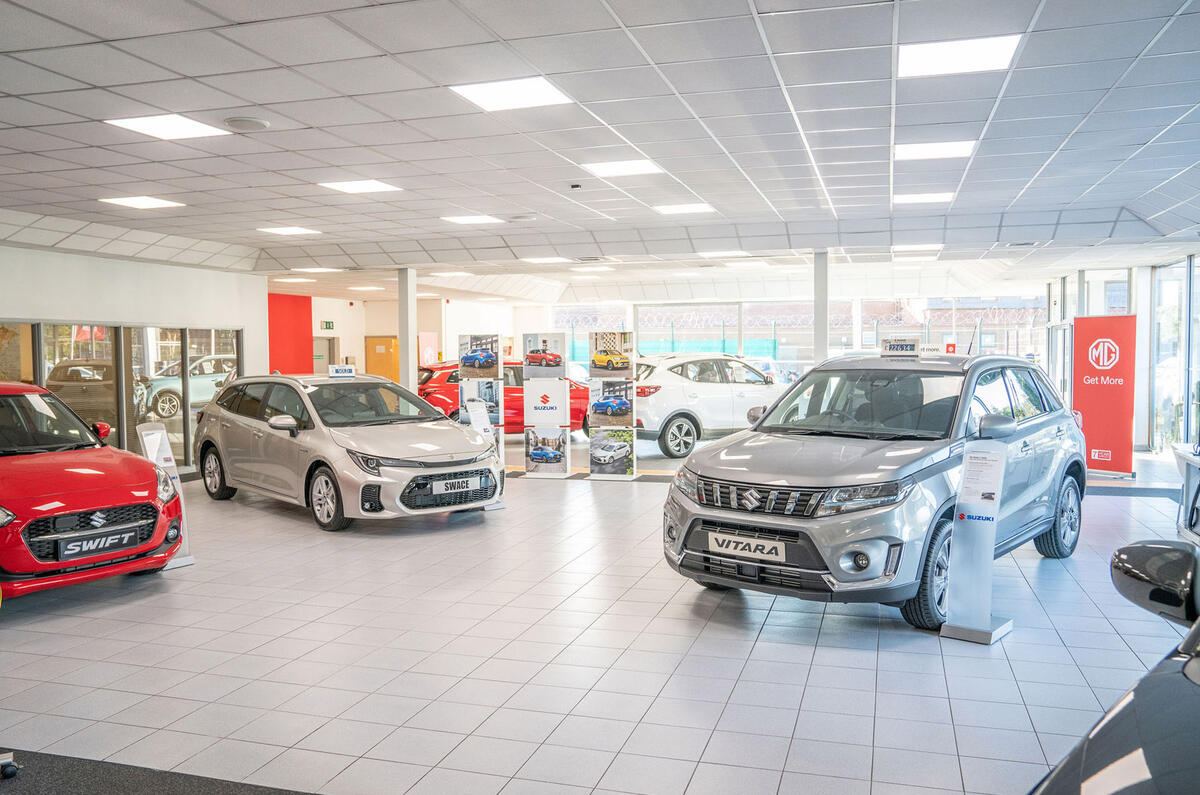
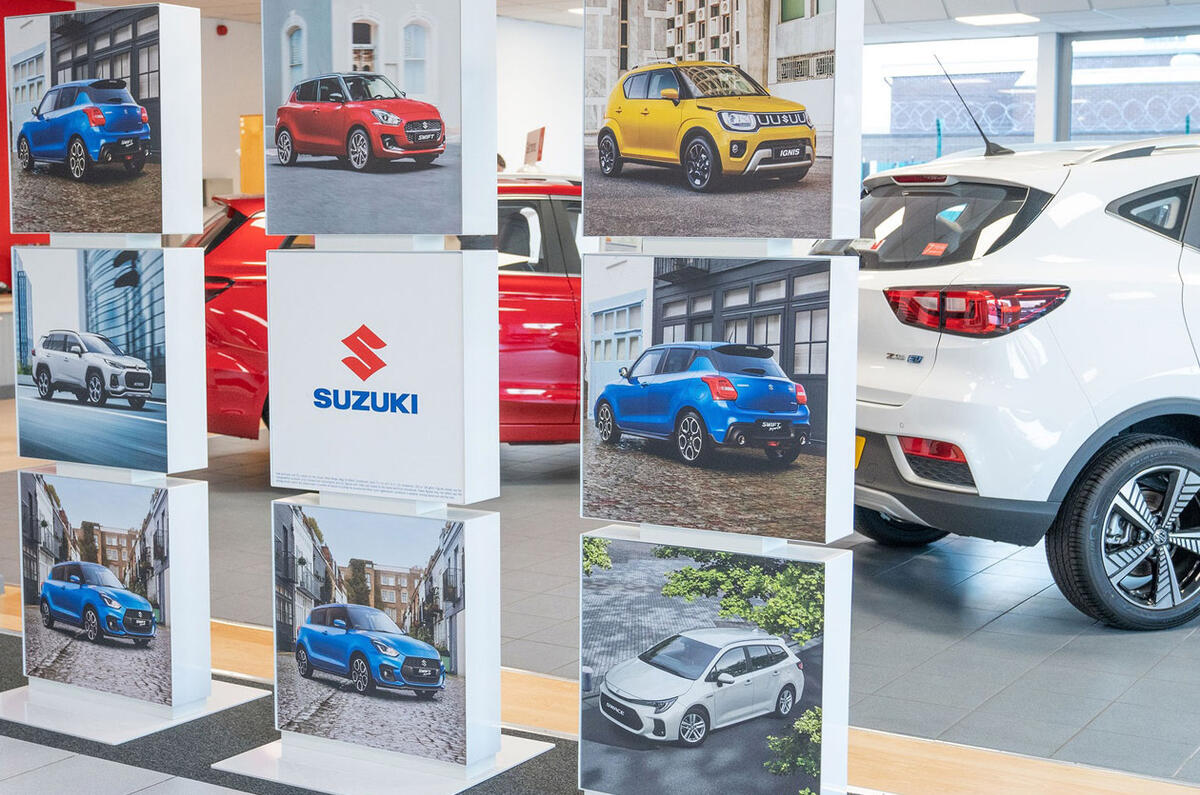


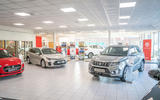
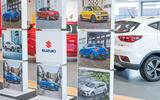


Join the debate
Add your comment
If you have trouble recovering stolen bitcoins,, or your crypto are stuck kindly reach out to vortexhackers and they will help you sort it out. They helped me recover my 6btc which was stolen by scammers on telegram
I still can't see the need for any type dealer. If I'm buying an expensive piece of technology, I'll get the best price online and get it delivered. One company even offered me a free trial from their demo stock ( basically same as a test drive). A car just needs somewhere to service it and deal with any issues that may occur. I don't need a showroom full of sales people trying to sell me a fancy polish or who still can't explain how the phone app can link to my car for pre heating. The internet forum helped with that....
Very pleased to see that you have decided to feature Tracks as an example of a small independent franchised dealer,I'm able to say that my last two cars a Swift Sport and Ignis SZ5 Allgrip have been bought from their Taunton branch. I've found that their sales and service are excellent and I'd have no qualms about buying another Suzuki from them. Generally speaking I've been dealing with this type of dealer for about thirty years and I've found that service in this type is is so much better than the large chains. I've often been into what could be described as premium sector car dealers and yes the showrooms are very smart,the sales people are very slick and professional and it's a nice place to be in but remember at the end of the day you are paying for this.